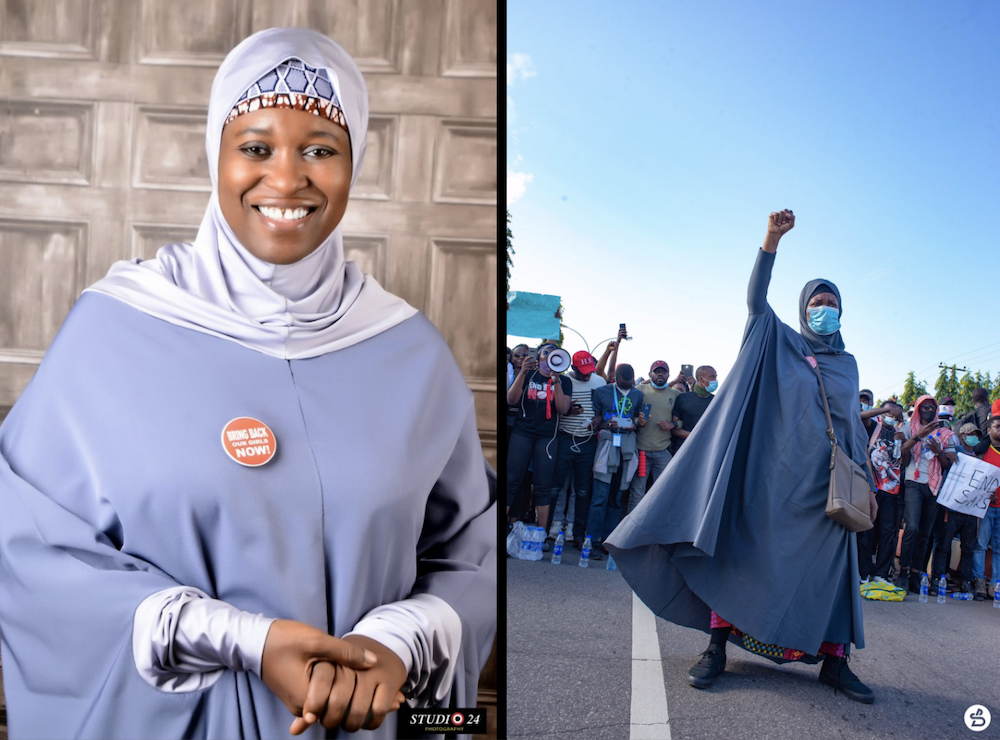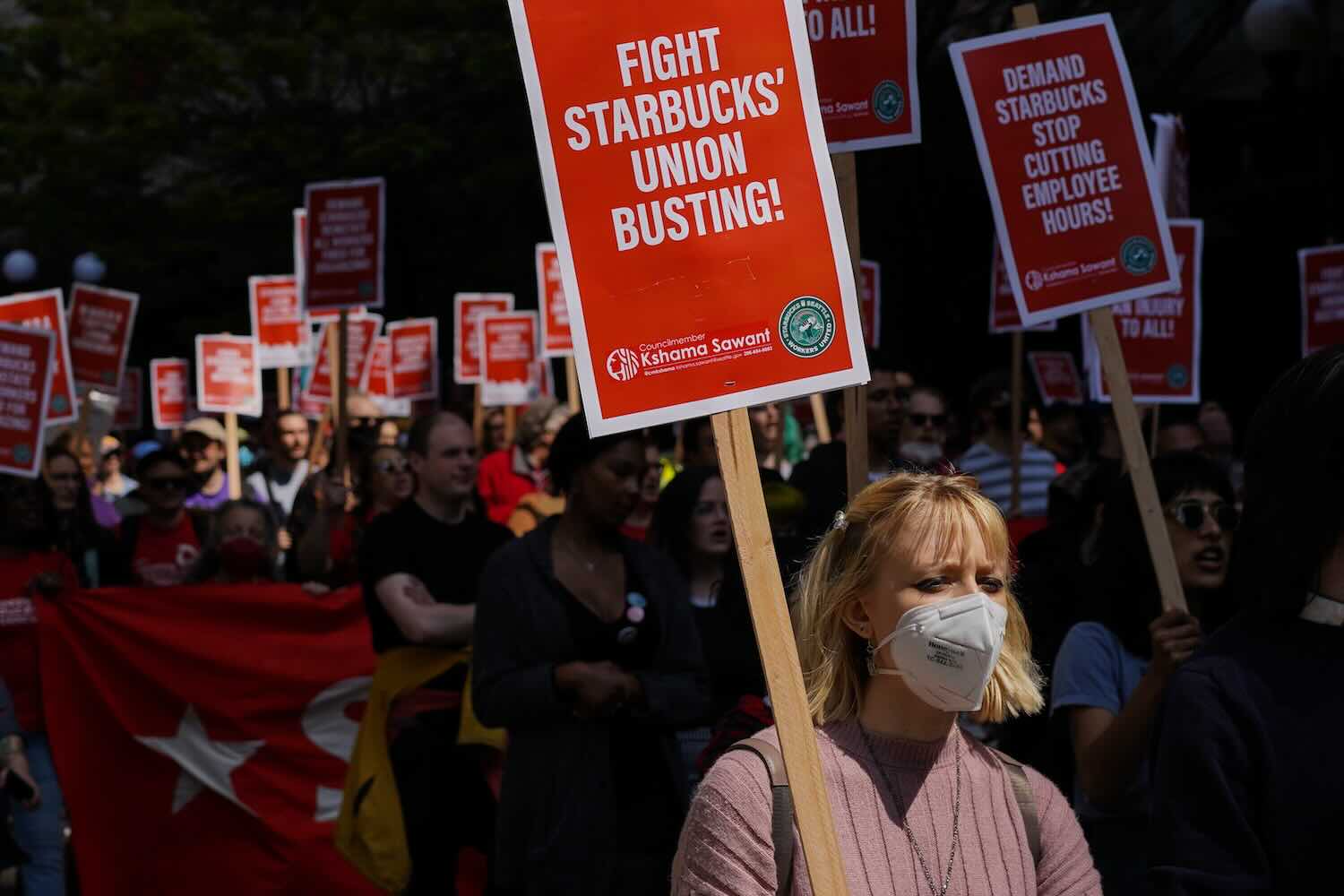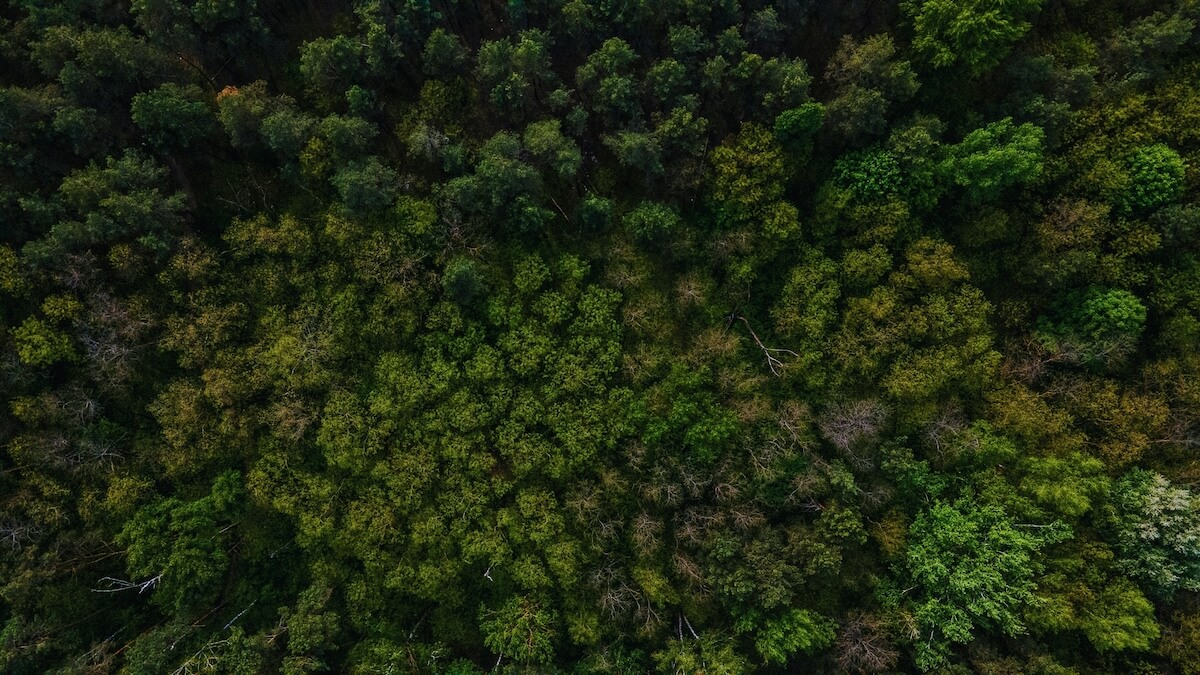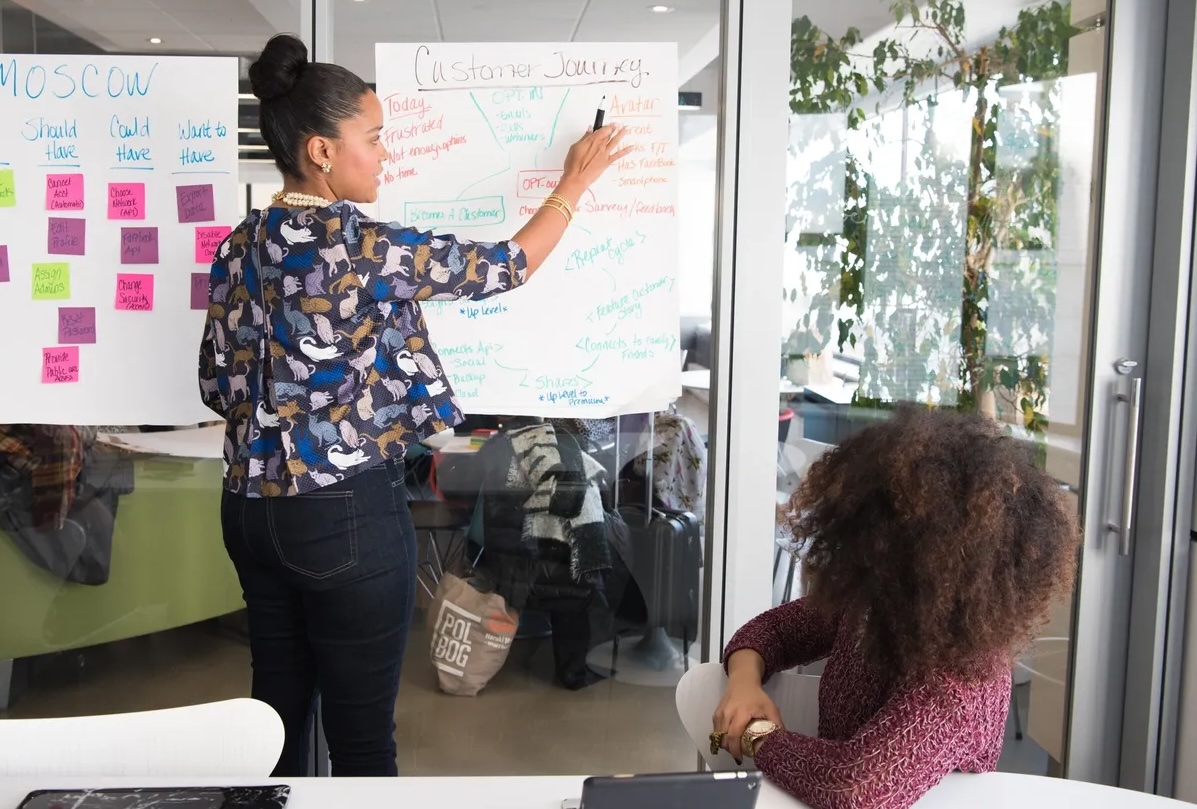ImpactAlpha, Oct. 16 – The world’s most populous Black nation is standing up to police brutality. The demand of protesters in Nigeria: #ENDSARS – that’s the Special Anti-Robbery Squad – which since 2017 has been accused by Amnesty International of more than 80 cases of police brutality, harassment, rape and extra-judicial killings.
Yesufu, a Nigerian businesswoman and activist, emerged in 2014 as a leader of the #BringBackOurGirls movement to fight for the return of 200 girls abducted by terrorist group Boko Haram. She is again on the front lines of social protests. This week, an instantly iconic photo of Yesufu defiant, fist in the air, protesting in front of police, went viral on social media. In a video message to protestors, she urged focus. “You are doing so great. You’ve woken up. You’ve found your voice. You’ve even given us… voices.”
Yesufu is an “elder” in the women- and LGBTQ- and youth- led movement. #ENDSARS, which has been growing since 2017, is the latest in Nigeria’s rich history of protests. “We are Nigerians,” Yesufu tweeted on her active Twitter account with more than 300,000 followers. “We help each other.”
Like Black Lives Matter in the U.S. and social protests worldwide, Nigeria’s activists are fighting for freedom and rule of law – conditions necessary for all Nigerians to grow and thrive. The fight is not only pro-democracy and pro-impact, but pro-economy and pro-business.
Nigeria has the largest population and largest economy in Africa and is a hub of tech innovation and impact investing (Stripe this week acquired Nigerian payments company Paystack, a portfolio company of impact investment firm Blue Haven Ventures). That makes it all the more important that protestors remind us the government is one of the continent’s most corrupt, according to Amnesty.
Along with Segun Awosanya, who helped jumpstart #ENDSARS, Matthew Blaise, who is lifting up LGBTQ voices, and activists around the world, Yesufu represents an early warning system for systemic risk.











